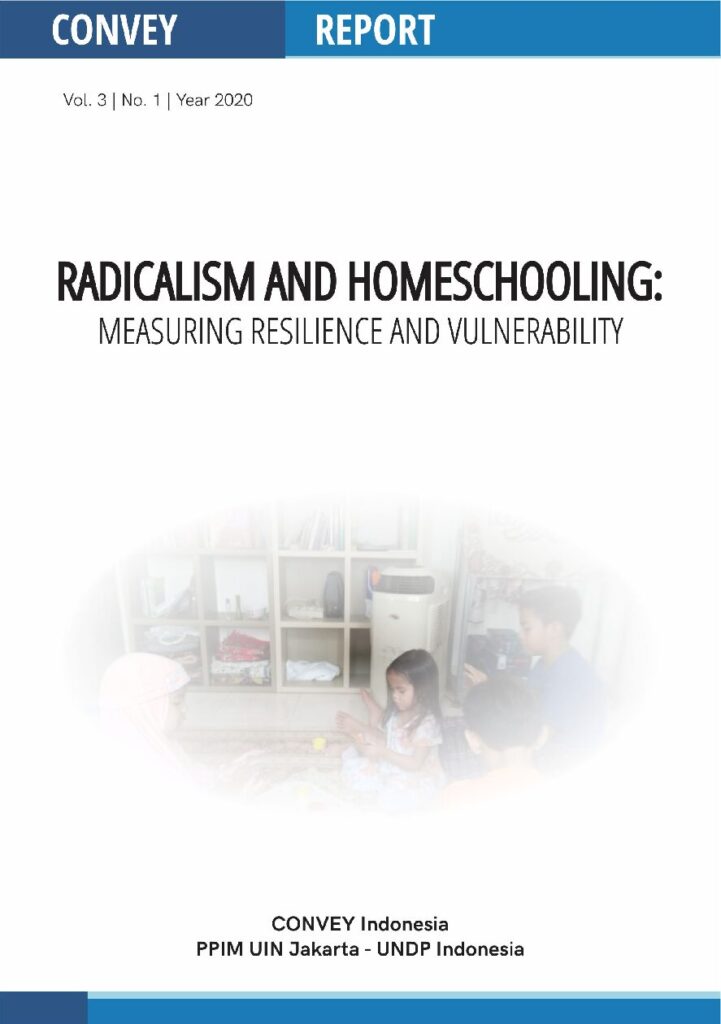Research on radicalism in home-schooling and early education
This research was conducted from May to December 2019, and managed to gather data from fifty-three (53) home-schoolings in six areas in six different provinces in Indonesia with one-hundred twenty-nine (129) respondents – 85 females and 44 males, using in-depth interview method. The home-schoolings studied already represented categories as provided in the Ministry of Education and Culture regulation (Permendikbud) No 129/2014 about homeschooling in which they are single (21), plural (12) and communal (20) home-schoolings.
The findings show that
1) following the decentralization, the Ministry of Education and Culture, particularly at local level has significant challenge to monitor and engage with home-schoolings due to insufficient knowledge and weak regulation;
2) the Ministry of Education and Culture does not have an updated and accurate database on home-schooling and its practice;
3) homeschooling practice can be categorized into two main groups: religious and non-religious, and religious groups can be divided again into Islamic-based and Christian-based, in which Islamic based ones are mostly inclusive salafi and exclusive salafi groups; and
4) the non-religious and religious-based (except the exclusive salafi) home-schoolings are relatively resilient against radical ideology, while the exclusive salafi home-schoolings are vulnerable due to spiral of encapsulations which limits room of interaction with different groups and separates from civic values.
Geographical Scope: National
Region: UNDP Asia and the Pacific
Country: Indonesia
Theme of Research: Education Faith-based
Year Published: 2020
Responsible Entity: UNDP Indonesia


